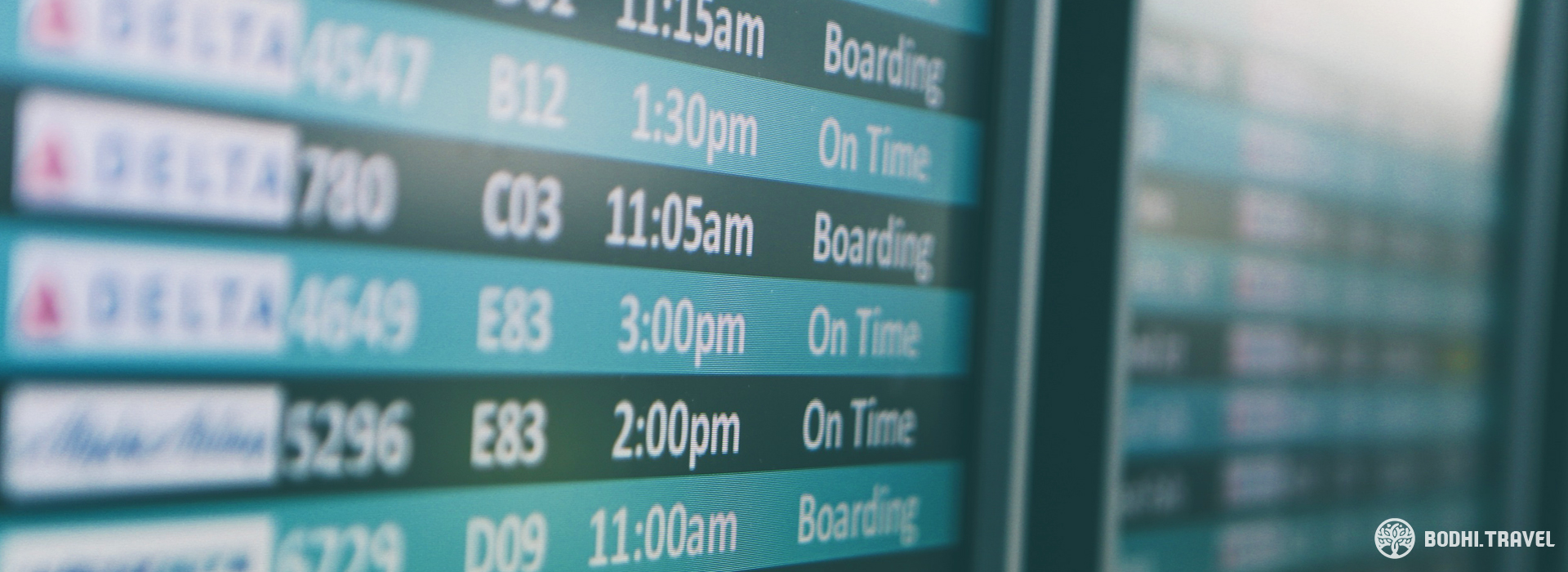
Tips for Travelling Safely
BODHI ADMIN - Posted on April 12, 2019 - 4,671 Views
This article is written for Singaporeans, who are blessed to live in one of the safest countries in the world*. However, the information contained is applicable to anyone looking to travel.
----
Today with the internet and budget travel, it is very common for people to travel. Even more liberating, it is common for people to travel alone, including female travellers. However, travelling is a departure from our safe and familiar environment. Every year, there are millions of trips made individually and most people travel safely. However, incidents and accidents can still happen and making some adjustments to our behaviours and routines can help a lot in reducing these incidents and accidents.
All of us owe it to ourselves (and our loved ones) to take the necessary precautions to ensure everyone’s safety during travel. Thus, it is important to be prepared before you travel. Here’s some basic rules to travelling safely.
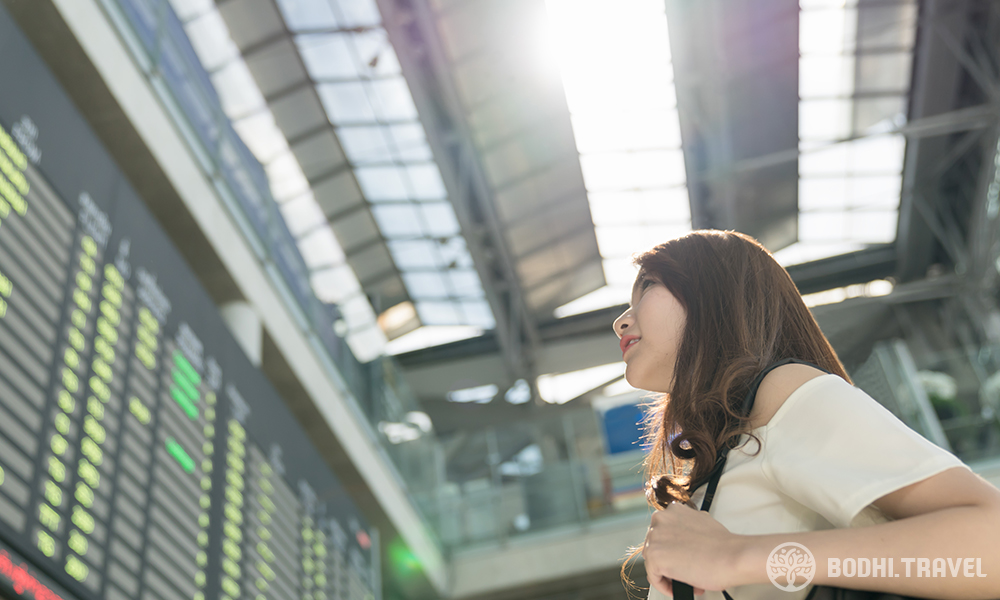
1. Understanding the types of safety and our tolerance levels
In general, there are three types of safety with regards to traveling. The first and utmost important is Physical Safety. We want to travel to a place whether we will be safe from physical harm. Thus, we avoid war zones and look out for travel advisories from our governments. Unless we are travelling for professional reasons, there are absolutely no reasons to put ourselves at risk for leisure travel.
The second level of safety is Hygiene Safety. Hygiene safety is very subjective and relative to people from different places. Some people can tolerate lower level of hygiene while others will demand the cleanest restaurants, toilets, hotels etc. Falling sick is one of the worst things to happen during travelling so hygiene safety is very important.
Finally, we have Psychological Safety. We travel to enjoy ourselves and expand our horizons. It is no fun to return from a trip feeling anger due to perceived notions that we have been cheated by the tourist guide, the taxi driver, the fake beggars etc. We want to come back inspired and knowing that we had participated in sustainable travel and that the locals benefited in an equitable manner from our presence.
Once we understand the types of safety, we can then look at specific areas to learn more, set precautions and decide on the type of travel that we want to do. The next step will be to find out more information.
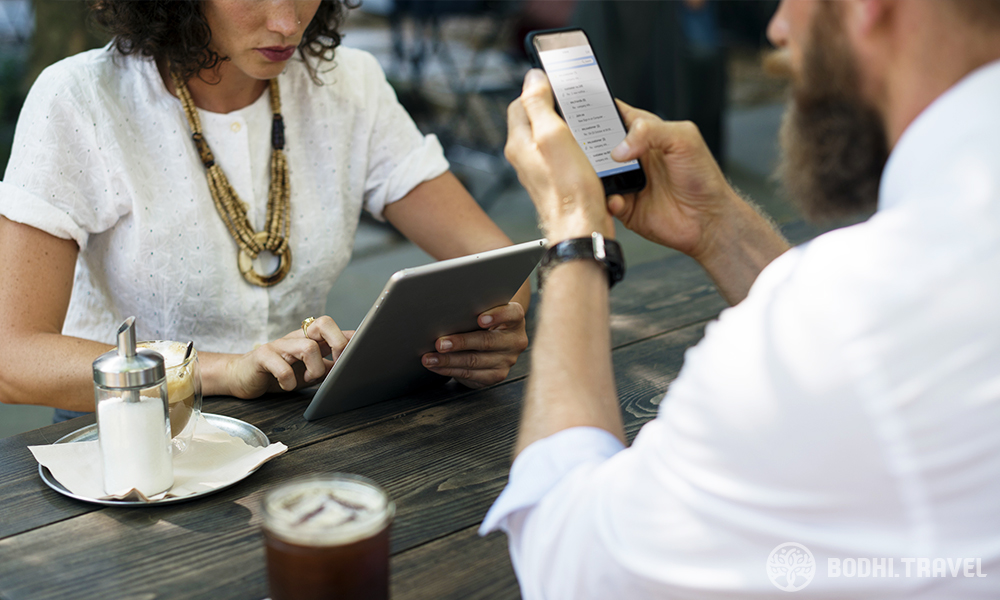
2. Research, research and more research
The good news is that with the internet, more information is readily available online these days and it is fairly easy to find information. Your issue will be that there will be too much information and maybe even conflicting information. It can get daunting so you can start by checking out authoritative travel sites such as TripAdvisor and official destination sites.
Verify information obtained. Speak to friends who have been there and done that to verify the information you obtained. If you know any locals in the destinations that you are going to, they are your obvious go-to for verification.
Learn about common travel scams. Do an internet search on the common scams on travellers in the destination that you are travelling. For example, Bodhi Travel specialises in Buddhist destinations and many of these places are still developing and it is not uncommon for beggars or fake charity cases to be present to prey on the compassionate and generous nature of travellers. Our travel hosts will advise accordingly on what should/should not be done but if you are travelling independently, do try to find out more.
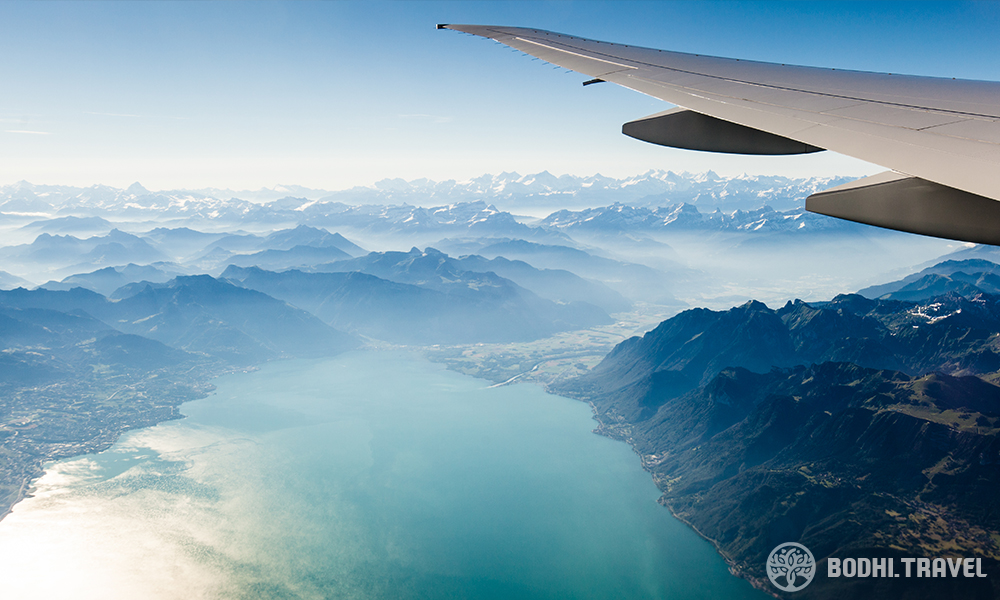
3. Pay a bit more to secure yourself
We all love a good bargain and it can be a thrill to go on a holiday that will not burn a hole in our pockets. However, as we are not locals, it will be safer if we pay more for private hire instead of public transport, stay in a better neighbourhood than a rough one etc.
Airbnb versus Hotels. One big recent travel innovation is Airbnb which has been touted as the largest hospitality provider in the world despite not owning a single property. Airbnb allows travellers to stay in local neighbourhoods and enjoy authentic experiences at affordable prices, often lower than local hotel rates. However, increasingly, horror stories of abusive or fraudulent landlords, spycams or misrepresented properties abounded of Airbnb properties, so it is good to be clear about the properties that you intended to stay – check the reviews and ratings.
We would recommend choosing a good travel agency for places that are more remote and challenging to visit, at least for the first visit. A reputable travel agency places the security and safety of their travellers as number one priority and will ensure a truly enjoyable and safe journey for their guests.
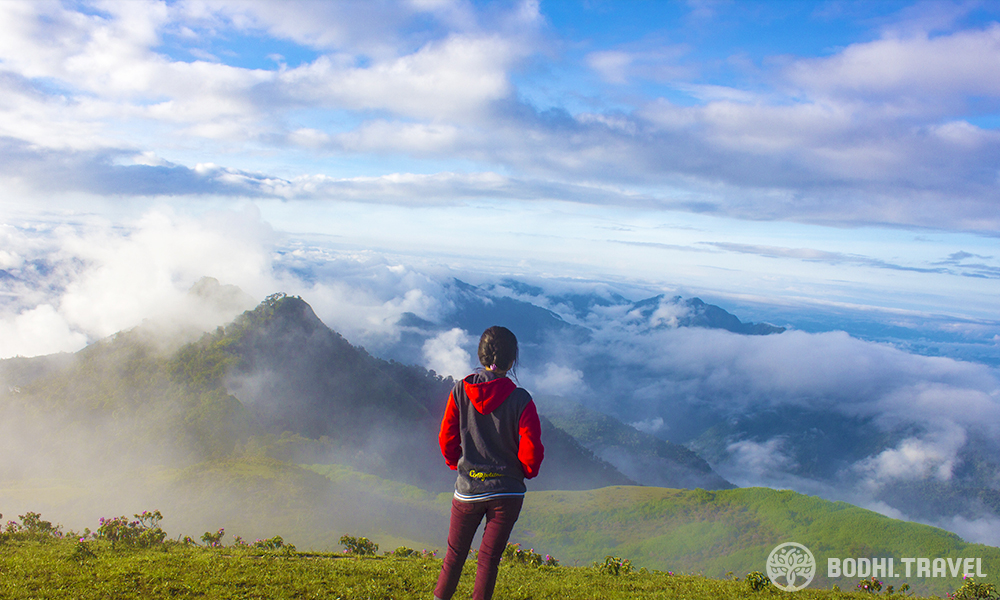
4. Recognise that there are different cultural norms (even within regions in the same country)
Particularly for single female travellers, it is crucial to understand the local norms with regards to gender roles. While it can be frustrating for female travellers to feel restricted in certain destinations, it is important to recognise that we are travelling in another destination as a guest and it is not up to us to challenge local norms.
Local norms can include:
- Modest dressing. Certain cultures would require the females there to cover up more. Blend in as much as possible by following local customs
- Avoid dark, isolated areas at night
- Be wary of the safety of public transportation. In many places, informal taxis or mini-buses can pose threats to people unfamiliar with local conditions, especially to women traveling alone. Find out from reliable sources, such as local authorities or tourism officials, on what is and is not safe
- Create boundaries by using facial expressions, body language and a strong firm voice if you are harassed. While it may seem rude, it is more important to set boundaries to protect yourself
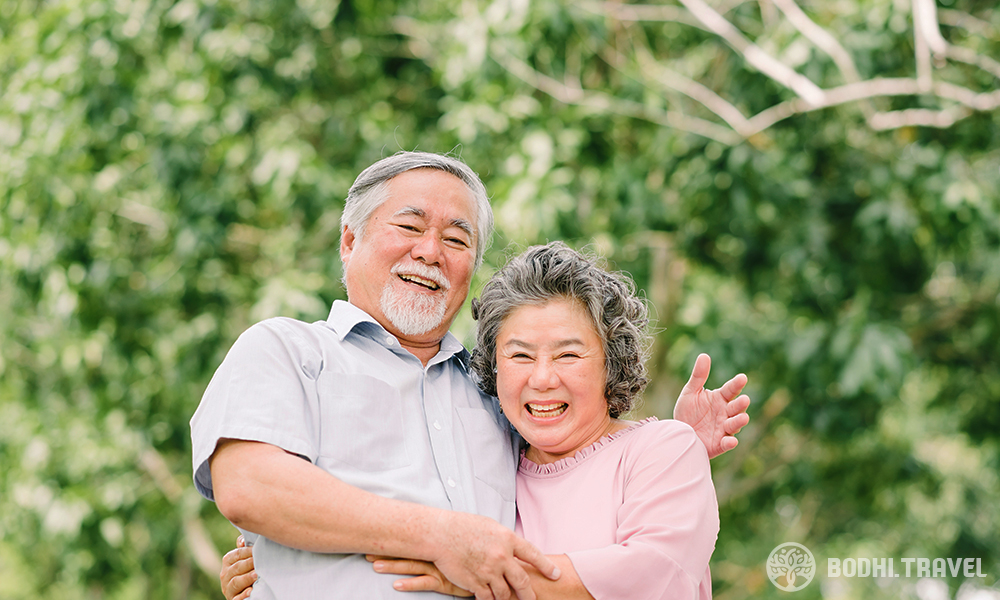
5. Please buy travel insurance
Watch this video.
MORE ARTICLE: Travelling with Wisdom
For more general tips on travelling safely, https://expertvagabond.com/travel-safety-tips/
For specific advice for ladies:




